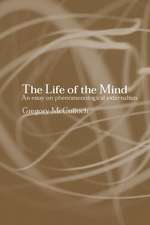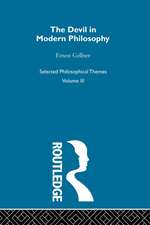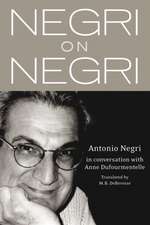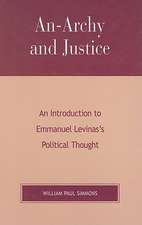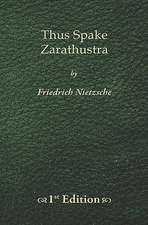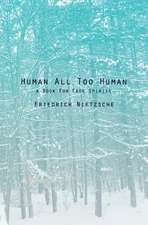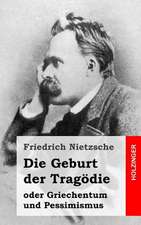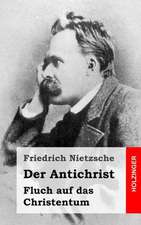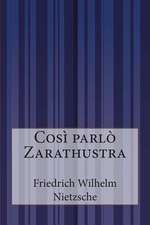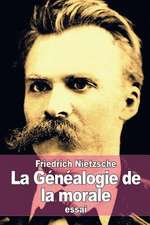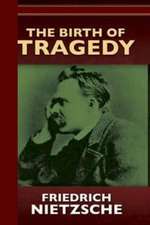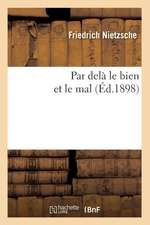Thus Spoke Zarathustra
Autor Friedrich Wilhelm Nietzscheen Limba Engleză Paperback – 22 aug 2020
| Toate formatele și edițiile | Preț | Express |
|---|---|---|
| Paperback (11) | 70.97 lei 3-5 săpt. | |
| CREATESPACE – | 70.97 lei 3-5 săpt. | |
| Penguin Books – 28 feb 1978 | 96.52 lei 3-5 săpt. | |
| CREATESPACE – | 104.77 lei 3-5 săpt. | |
| CreateSpace Independent Publishing Platform – | 112.78 lei 3-5 săpt. | |
| Les prairies numériques – 22 aug 2020 | 116.24 lei 3-5 săpt. | |
| CREATESPACE – | 134.51 lei 3-5 săpt. | |
| – | 106.87 lei 6-8 săpt. | |
| Bibliotech Press – 31 ian 2012 | 137.87 lei 6-8 săpt. | |
| Simon & Brown – 31 mai 2011 | 193.70 lei 38-44 zile | |
| Simon & Brown – | 218.11 lei 38-44 zile | |
| Simon & Brown – 29 feb 2012 | 220.84 lei 38-44 zile | |
| Hardback (2) | 218.94 lei 6-8 săpt. | |
| – | 218.94 lei 6-8 săpt. | |
| – | 251.29 lei 38-44 zile |
Preț: 116.24 lei
Nou
Puncte Express: 174
Preț estimativ în valută:
22.25€ • 24.18$ • 18.70£
22.25€ • 24.18$ • 18.70£
Carte disponibilă
Livrare economică 31 martie-14 aprilie
Preluare comenzi: 021 569.72.76
Specificații
ISBN-13: 9782491251611
ISBN-10: 2491251612
Pagini: 260
Dimensiuni: 133 x 203 x 16 mm
Greutate: 0.33 kg
Editura: Les prairies numériques
ISBN-10: 2491251612
Pagini: 260
Dimensiuni: 133 x 203 x 16 mm
Greutate: 0.33 kg
Editura: Les prairies numériques
Notă biografică
Friedrich Nietzsche, (born October 15, 1844, Röcken, Saxony, Prussia [Germany]-died August 25, 1900, Weimar, Thuringian States), German classical scholar, philosopher, and critic of culture, who became one of the most influential of all modern thinkers. His attempts to unmask the motives that underlie traditional Western religion, morality, and philosophy deeply affected generations of theologians, philosophers, psychologists, poets, novelists, and playwrights. He thought through the consequences of the triumph of the Enlightenment's secularism, expressed in his observation that "God is dead," in a way that determined the agenda for many of Europe's most-celebrated intellectuals after his death. Although he was an ardent foe of nationalism, anti-Semitism, and power politics, his name was later invoked by fascists to advance the very things he loathed.

